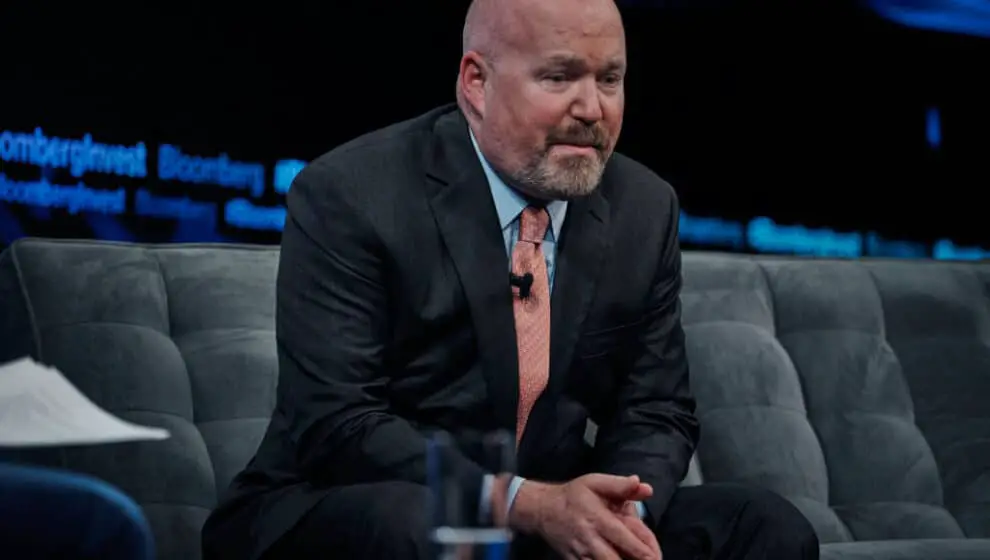Investments in unassuming companies may yield better results than investments in exciting, active businesses.
Key Details
- Fund manager Clifford Asness has taken a different strategy than some of his peers, choosing not to focus on growth stocks.
- In the short term, Asness’ firm AQR was outpaced by its competitors, but now that tech stocks are declining, Asness’ method is beginning to pay off, Forbes reports.
- At AQR, portfolio managers focus on value stocks, believing that, over time, these investments will have a more significant payoff than hot-growth stocks.
- Value stocks tend to be slow-growth, unexciting investments such as Stellantis. Ferrari is the opposite, an exciting, quickly-growing organization.
Why it’s news
In the last several years, growth stocks have dominated the market, but with changing economic conditions, those who stayed with boring, slow-growth stocks may have won out in the end.
Clients at AQR began to lose faith in Asness’ method when the Federal Reserve reacted to the financial crisis by pumping more money into the economy. Artificially low interest rates caused growth stocks to soar while cheap stocks stayed low, Forbes reports.
AGR struggled from 2018 to around 2020, but the market began to change about three years ago. The most dramatic shift began last year. AQR’s market-neutral fund produced a 27% return last year. Its Marco Opportunities Fund delivered a 29% return. Even when AQR lost money, such as in its two large-company funds, the firm still lost less than the overall stock market.
Despite the success, AQR’s clients still have a significant gap to compensate for lost revenue. The AQR Managed Futures Strategy HV Fund reached an impressive 50% last year, but since its opening in 2013, it has averaged 3.6%. The higher returns will need to continue to truly make the investment worth it to AQR clients. This delayed return on investment caused many clients to abandon AQR, but those who stayed may see impressive results.
Varying investment styles may see success at different times in the economy. Typically the times of success last several years, long enough to bring in new clients to the investing firm. This is good news for AQR as it generates more revenue from collecting fees on mutual funds and private accounts.
While Asness has had to ask his clients to be patient over the last several years, the ones who stuck with the firm may see some reward for their patience.
